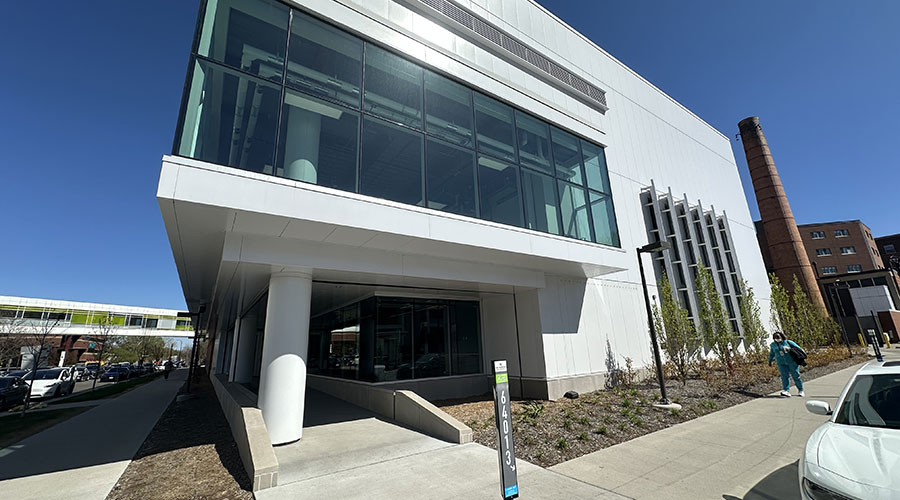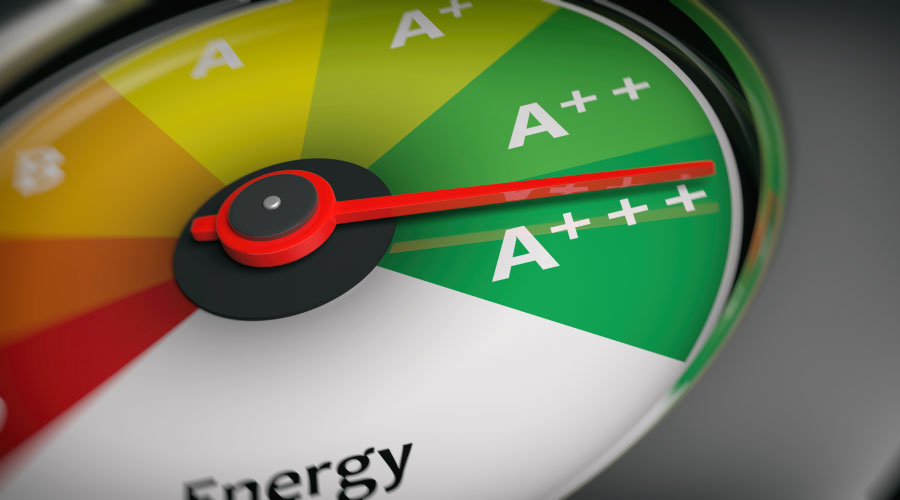Ways to Promote Energy Efficiency Without New Legislation
Of course, any new legislation faces an uphill battle in the next two years as Democrats strive to keep the White House in 2012, while Republicans try to take it away. The Obama Administration can nonetheless show commitment in the energy efficiency arena through an agenda that makes maximum use of its existing authorities — and would not require any new legislation. For example, in the context of the 179D incentive, the Internal Revenue Service can accomplish a relatively simple, low-cost task by creating a return form allowing a corporate tax payer to easily and understandably claim the energy efficiency deduction. Further, the Department of Energy can simplify the computer modeling that is a serious disincentive to seek the 179D deduction. As far as loan guarantees are concerned, existing law should prompt the Energy Department to develop a pilot program for loan guarantees that support deep whole-building retrofits. And, to start a culture whereby building owners, their financiers, and property appraisers routinely consider any added value from a structure's energy efficiency attributes, the Obama Administration can direct its financial regulatory agencies to conduct a process, with stakeholder input, to develop a "green real estate" appraisal standard.
Reducing Fossil Fuel Reliance
Energy issues will certainly be a focal point for discussion in the new Congress. Even when they were in the minority, Republicans voiced their own ideas to increase efficiency in buildings, incentivize retrofits and reduce reliance on fossil fuels. Meanwhile, the Obama Administration feels pressure to find areas of consensus on this issue, to show achievement to environmental constituents and enhance our country's international standing in addressing global warming while those images of the burning BP rig and the economic devastation it wrought in the Gulf Coast region are still fresh.
As lawmakers in 2011 address energy and climate legislation, they must keep in mind the finding of the Pew Center for Global Climate Change that lack of access to financing and up-front capital is the single greatest impediment for building owners to make efficiency investments. The 112th Congress should thus consider how targeted incentives to encourage building retrofits can create well-paying construction jobs while modernizing our nation's building infrastructure.
Duane Desiderio is vice president and counsel, The Real Estate Roundtable, Washington, D.C.
Related Topics:












